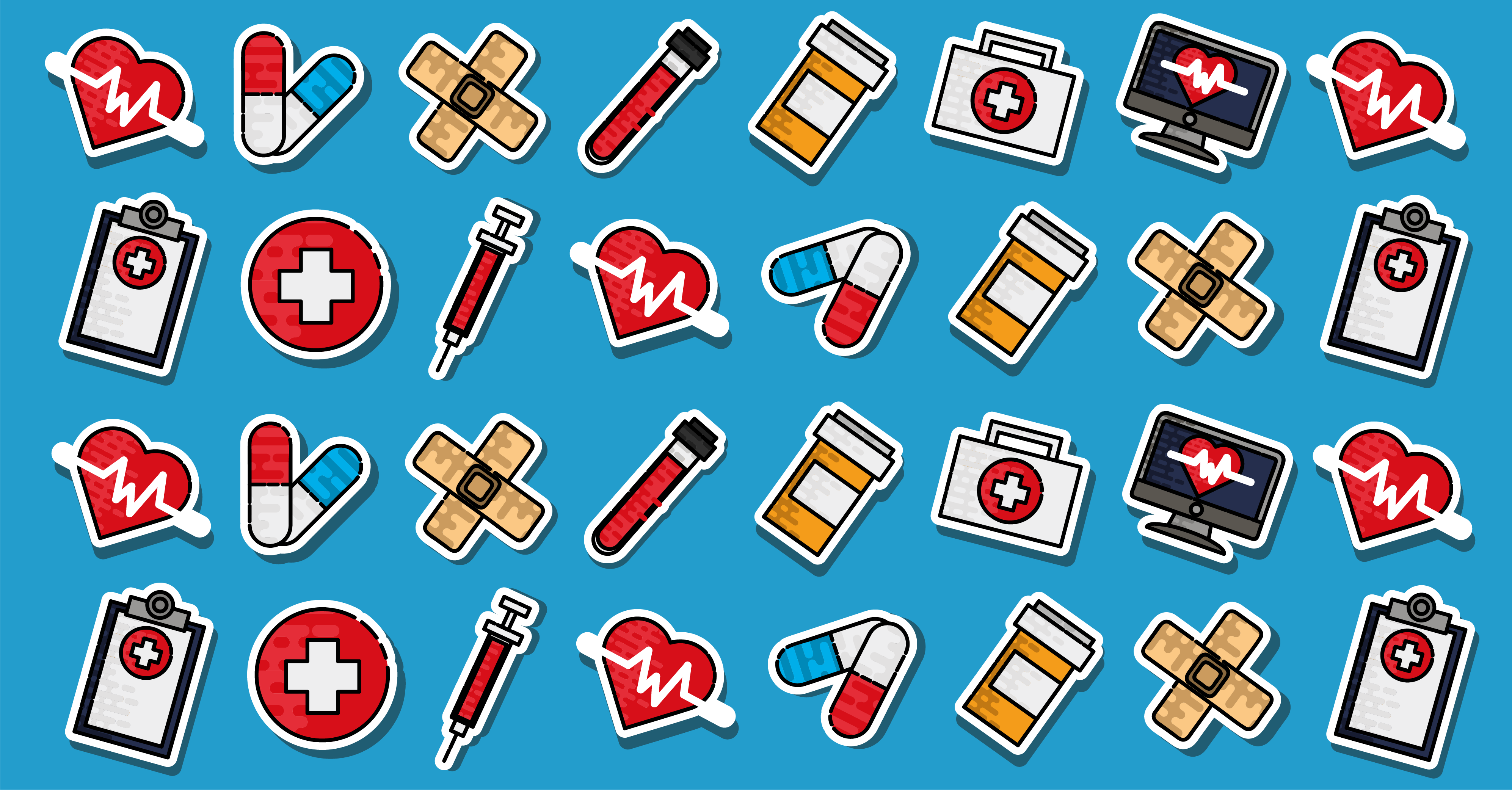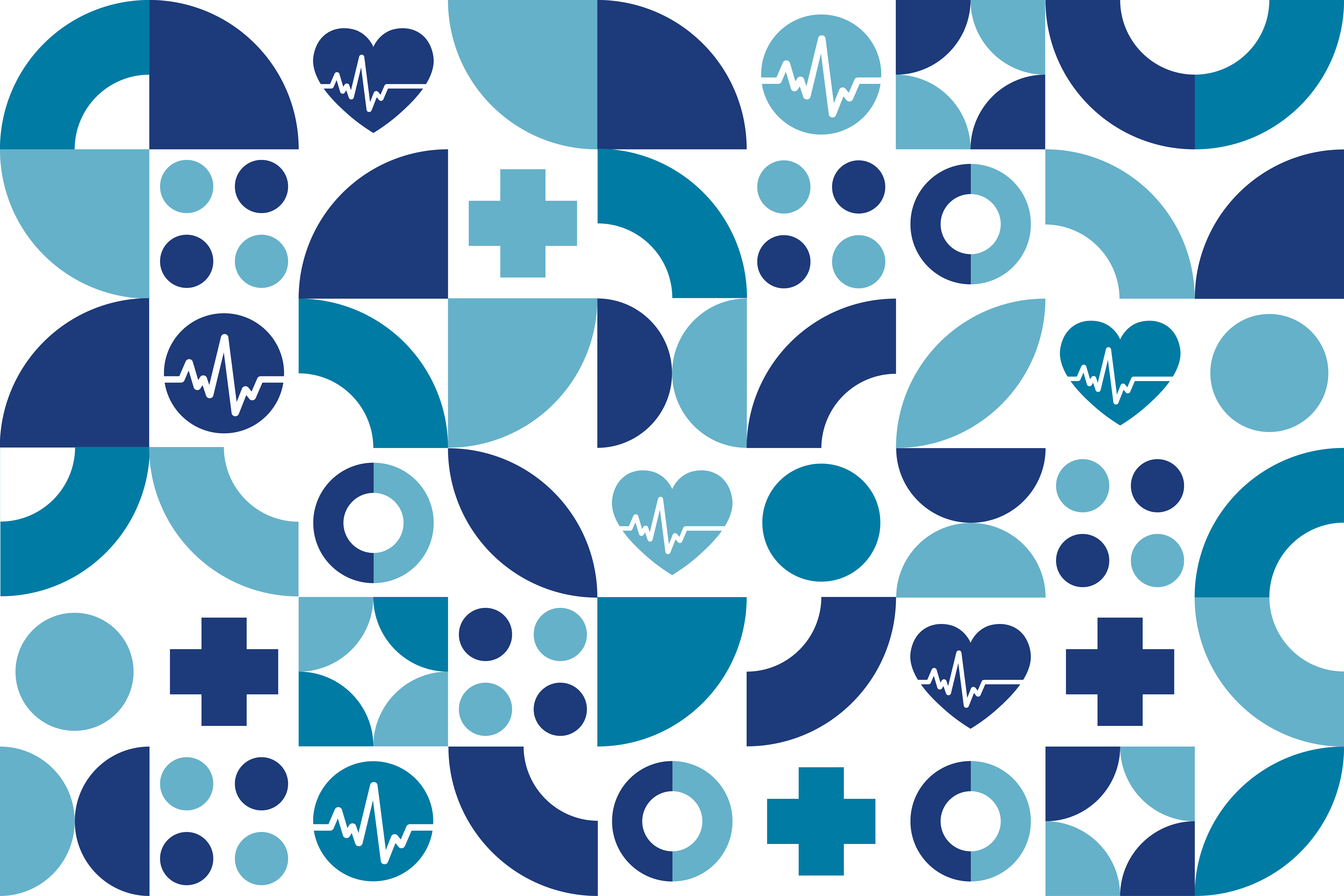Every year on December 1st, we come together to observe World AIDS Day, a day dedicated to raising awareness about HIV/AIDS and honoring the lives impacted by this global pandemic. In the US alone, approximately 1.2 million people live with HIV. As we reflect on the progress made in the fight against HIV/AIDS, it is crucial to acknowledge the transformative role played by the Affordable Care Act (ACA) in providing better access to HIV/AIDS treatment.
Expanding Insurance Coverage and Reducing Discrimination: Due to the ACA, insurance companies are no longer allowed to deny coverage or charge exorbitant premiums to individuals based on their HIV status. This change in insurance practices has greatly reduced discrimination, ensuring that individuals living with HIV/AIDS can obtain the comprehensive coverage they need.
Preventive Services and Early Intervention: The ACA emphasized the importance of preventive care by requiring insurance plans to cover essential services like HIV testing and counseling without additional cost-sharing. These preventative measures contribute to early detection and intervention, leading to better health outcomes for both individuals living with HIV/AIDS and the broader community.
Breaking Down Barriers to Medication Access: Under the ACA, health insurance coverage is more accessible than ever and with it, prescription drug coverage that significantly lowers the costs of medications, including those for HIV/AIDS. The ACA’s essential health benefits and elimination of lifetime caps on coverage have transformed access to antiretroviral therapy (ART) for those in need.
Supportive Care and Patient-Centered Approaches: In addition to expanding access to medication, the ACA emphasizes the importance of patient-centered care and preventative services. This approach has enhanced supportive care for individuals living with HIV/AIDS, providing them with comprehensive care management, mental health services, and assistance in navigating the healthcare system.
Delivering culturally competent care. The ACA enhances programs aimed at improving cultural competence training for healthcare professionals and promoting equitable treatment for all demographic groups. Additionally, it reinforces the federal government’s dedication to reducing healthcare disparities. An example of an ongoing initiative to enhance the ability of healthcare centers to provide culturally sensitive care to communities disproportionately affected by HIV is the National LGBTQIA+ Health Education Center, which receives funding from HRSA. This center assists healthcare institutions in better addressing the requirements of individuals belonging to the lesbian, gay, bisexual, transgender, queer, intersex, asexual, and all sexual and gender minority communities, including their needs related to HIV prevention, testing, and treatment.
The Road Ahead – Challenges and Opportunities: While the ACA has undoubtedly made a significant impact on HIV/AIDS treatment, there are still challenges to address. The importance of continued advocacy, research, and community involvement to further improve access to care, eliminate stigmas, and deliver better outcomes for those affected by HIV/AIDS.
On this World AIDS Day, we celebrate the progress made in the fight against HIV/AIDS and recognize the game-changing impact of the Affordable Care Act. By expanding coverage, breaking down barriers to medication access, and promoting patient-centered care, the ACA has transformed the way we approach HIV/AIDS treatment. However, our journey is far from over. The health care community must continue its commitment to raising awareness, advocating for those affected, and striving for a future where HIV/AIDS is a relic of the past.





